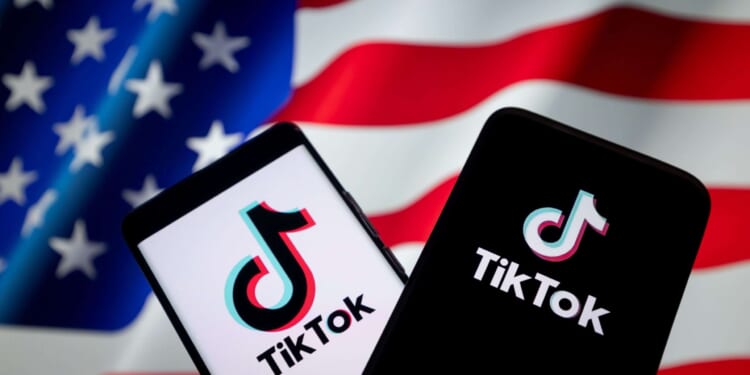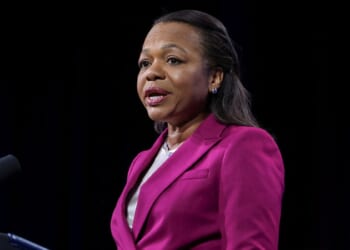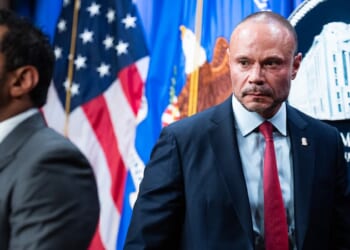Who is going to own TikTok? No one really knows for sure. The Trump administration has been touting its deal to put the app in the hands of American investors after Congress threatened to ban TikTok unless it was sold from the Chinese company ByteDance to American interests. But the full buyer’s group is not final yet—and it’s hard to know exactly how it will be chosen.
At the very least, the White House has confirmed that Oracle, which has already been involved in TikTok’s data, will run the app’s algorithm. President Donald Trump himself has thrown out names including Dell Technologies founder Michael Dell and conservative media magnate Lachlan Murdoch, heir to Fox News. The Wall Street Journal reported a week ago that the consortium to buy TikTok would include Silver Lake and Andreessen Horowitz; it’s unclear whether that is still the case.
In an interview with The Bulwark, former Obama administration official Susan Rice called the deal “a model of corruption.” She accused Trump of defying Congress by delaying the sale in order to “negotiate a deal that lines the pockets of his cronies.” (Murdoch, Oracle co-founder Larry Ellison, and Andreessen Horowitz co-founder Marc Andreessen are all supporters of conservative causes.)
But the bipartisan law to force the sale of TikTok, passed during the Biden administration, was bound to be a power grab for whomever was sitting in the White House. Either TikTok would be banned entirely, bringing America into the unsavory club of countries that filter social media, or it would be sold in a heavily politicized deal. And the forced sale was not just an attack on market freedom—it also had an explicitly censorial rationale.
At the beginning of the campaign to ban TikTok, proponents claimed that the app was some kind of espionage threat because of the data it collected. However, policymakers soon made it clear that they were really worried that the app would show Americans the wrong kind of content. “The Chinese Communist Party can twist that algorithm to make it the news that they see reflective of their views,” Sen. Mark Warner (D–Va.) told Face the Nation in 2024.
Multiple members of Congress have cited the wave of sympathy for Palestinians and hostility to Israel on TikTok after October 2023 as the real inciting event that got the TikTok ban legislation off the ground. There’s no evidence that the Chinese government was pushing those messages, only lawmakers’ sense that American kids shouldn’t be sharing them.
The bipartisan solution was to put TikTok in the hands of more politically reliable owners. Democrats who voted for the ban did not fundamentally disagree with that logic. By setting the original deadline to January 2025, they may have expected the deal to be closed when one of their own was still in office.
Rice complained that “Trump, by executive fiat, by waving a pen, has put [the deadline] off and put it off and put it off again.” But was there ever a way for the deal to happen without heavy “executive fiat”? Congress was ordering the sale of one of the largest social media networks in the world on a rushed timeline—a deal that would already involve complicated regulatory issues—and throwing in additional political conditions. That inherently gave the president an incredible amount of discretion in deciding who can benefit.
Democrats may dislike the way that the Trump administration chose those actors. Yet they can’t say that they didn’t sign up for this exercise of power.















